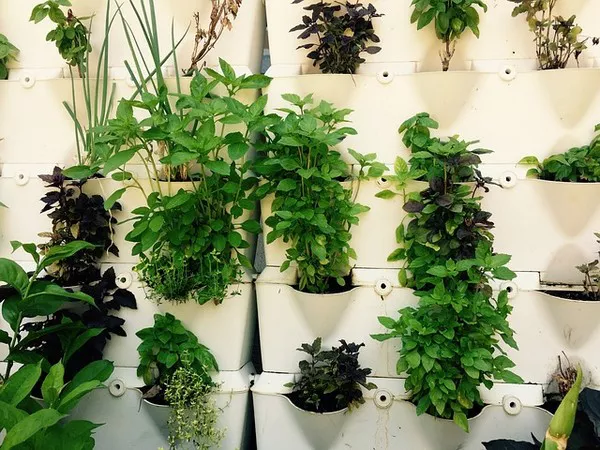In a groundbreaking achievement, scientists have successfully engineered the microbiome of plants, enhancing the prevalence of beneficial bacteria that protect against diseases. The research, published in Nature Communications by a collaborative team from the University of Southampton, China, and Austria, has the potential to significantly reduce the reliance on environmentally harmful pesticides.
As public awareness grows about the importance of the human microbiome, consisting of various microorganisms in and around our bodies, researchers have extended their focus to plant microbiomes. These microorganisms, including bacteria, fungi, viruses, and others residing in roots, stems, and leaves, play a crucial role in influencing a plant’s health and susceptibility to diseases.
Dr. Tomislav Cernava, co-author and Associate Professor in Plant-Microbe Interactions at the University of Southampton, stated, “For the first time, we’ve been able to change the makeup of a plant’s microbiome in a targeted way, boosting the numbers of beneficial bacteria that can protect the plant from other, harmful bacteria.”
The breakthrough, demonstrated in rice crops, offers the potential to reduce the reliance on pesticides, which pose environmental risks. The researchers found that a specific gene in the lignin biosynthesis cluster of the rice plant is instrumental in shaping its microbiome. Lignin, a complex polymer in plant cell walls, comprises over 30% of the biomass in some plant species.
Deactivating this gene resulted in a decrease in the population of certain beneficial bacteria, confirming its role in the microbiome. Conversely, over-expressing the gene increased the production of a specific type of metabolite, leading to a higher proportion of beneficial bacteria in the plant microbiome. When exposed to Xanthomonas oryzae, a pathogen causing bacterial blight in rice crops, the engineered plants demonstrated substantial resistance compared to wild-type rice.
Bacterial blight poses a significant threat to rice crops in Asia, typically controlled by the application of polluting pesticides. The creation of crops with a protective microbiome could not only enhance food security but also contribute to environmental preservation.
The research team is now exploring further possibilities to influence the presence of various beneficial microbes, opening avenues for additional plant health benefits and advancing sustainable agricultural practices.


